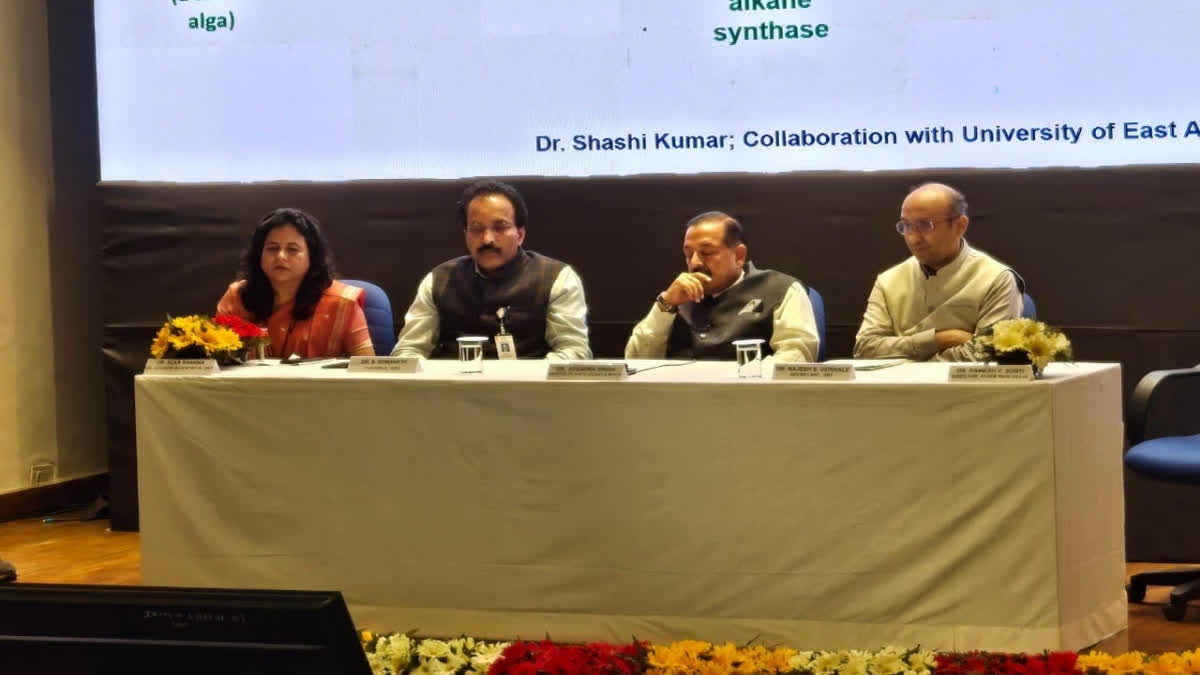New Delhi: In a strategic move to strengthen India’s advancements in space biotechnology, the Department of Biotechnology (DBT), under the Ministry of Science and Technology, signed a framework Memorandum of Understanding (MoU) with the Indian Space Research Organisation (ISRO), Department of Space (DoS), on cooperative endeavours in the emerging field of space biotechnology.
Jitendra Singh highlighted the Union Cabinet’s recent approval of revolutionary initiatives aimed at advancing India’s capabilities in the human space programme and biotechnology.
This includes the planned establishment of Bharatiya Antariksh Station, a space station envisioned to drive research in space sciences, as well as the introduction of the ‘BioE3 Policy’—a strategic framework for bolstering biomanufacturing and enhancing India's bioeconomy.
The Minister emphasised that the BioE3 Policy, through initiatives like space biomanufacturing, is expected to propel India's bioeconomy to $300 billion by 2030, further underscoring the government's commitment to creating a high-performing biomanufacturing environment in the country.
Addressing the opportunities created by this collaboration, Jitendra Singh noted the Gaganyaan programme, India’s maiden human space mission, which he described as a "national endeavour."
This program, he said, provides a unique opportunity for various agencies, academia, and industries in India to engage in groundbreaking research in microgravity, bioastronautics, and space biotechnology. He further explained that this MoU is poised to catalyse innovations that benefit both India’s human space program and various sectors related to human health, waste management, bio-based technologies, and pharmaceuticals, potentially fostering commercial applications across the biotech industry.
The partnership between DBT and ISRO is also expected to spur significant opportunities for startups in biotechnology and space. By opening a pathway for technological innovation in space biotechnology, the collaboration could lead to commercially viable solutions aimed at challenges unique to the space environment, officials said.
